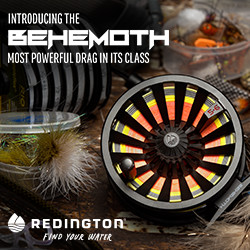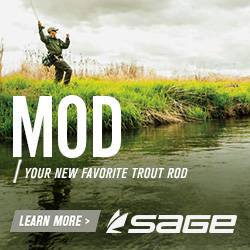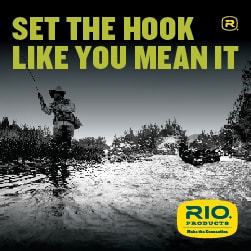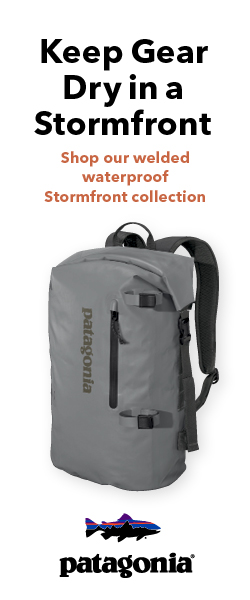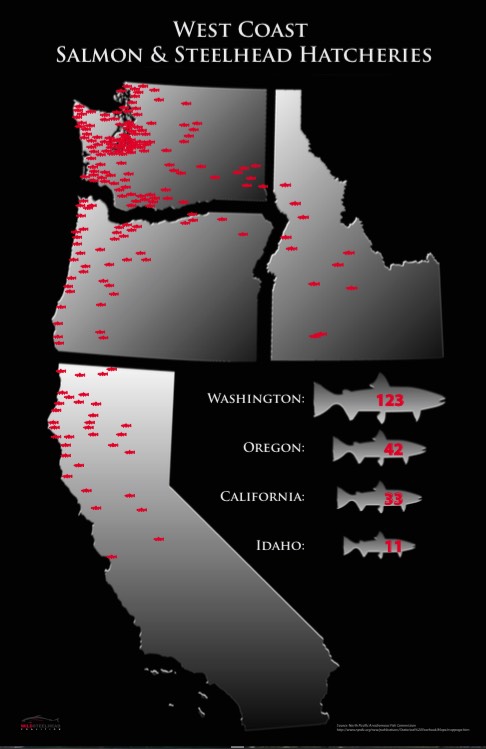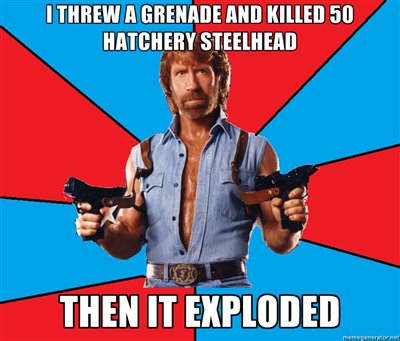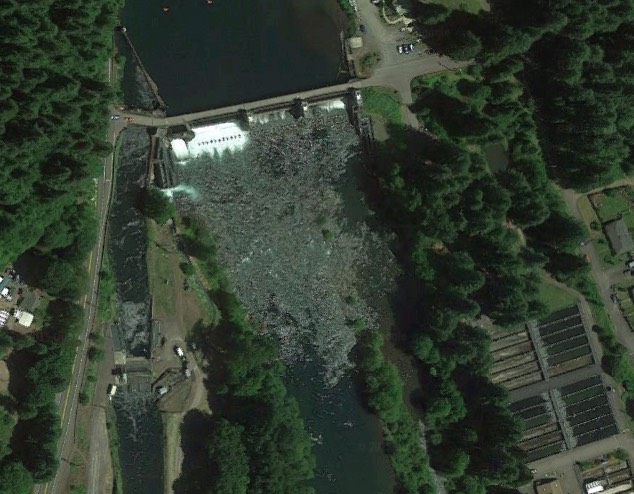The Cost of Trout Fishing
 Wednesday, April 15, 2015 at 12:04AM
Wednesday, April 15, 2015 at 12:04AM 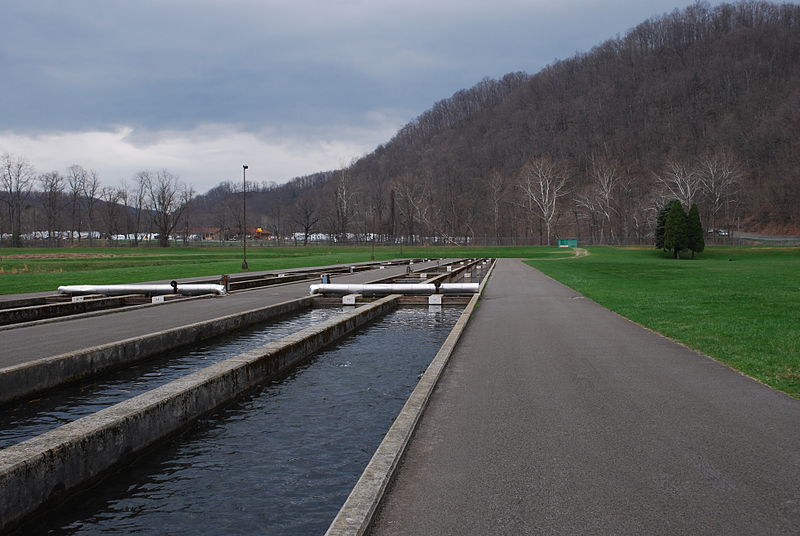 Photo:Brian M. Powell
Photo:Brian M. Powell
Douglas M. Thompson gave up fishing 10 years ago after he saw what a century of stocking nonnative fish was doing to the landscape he loved.
LINK (via: The NY Times)
 hatchery fish vs wild fish in
hatchery fish vs wild fish in  hatcheries
hatcheries 
